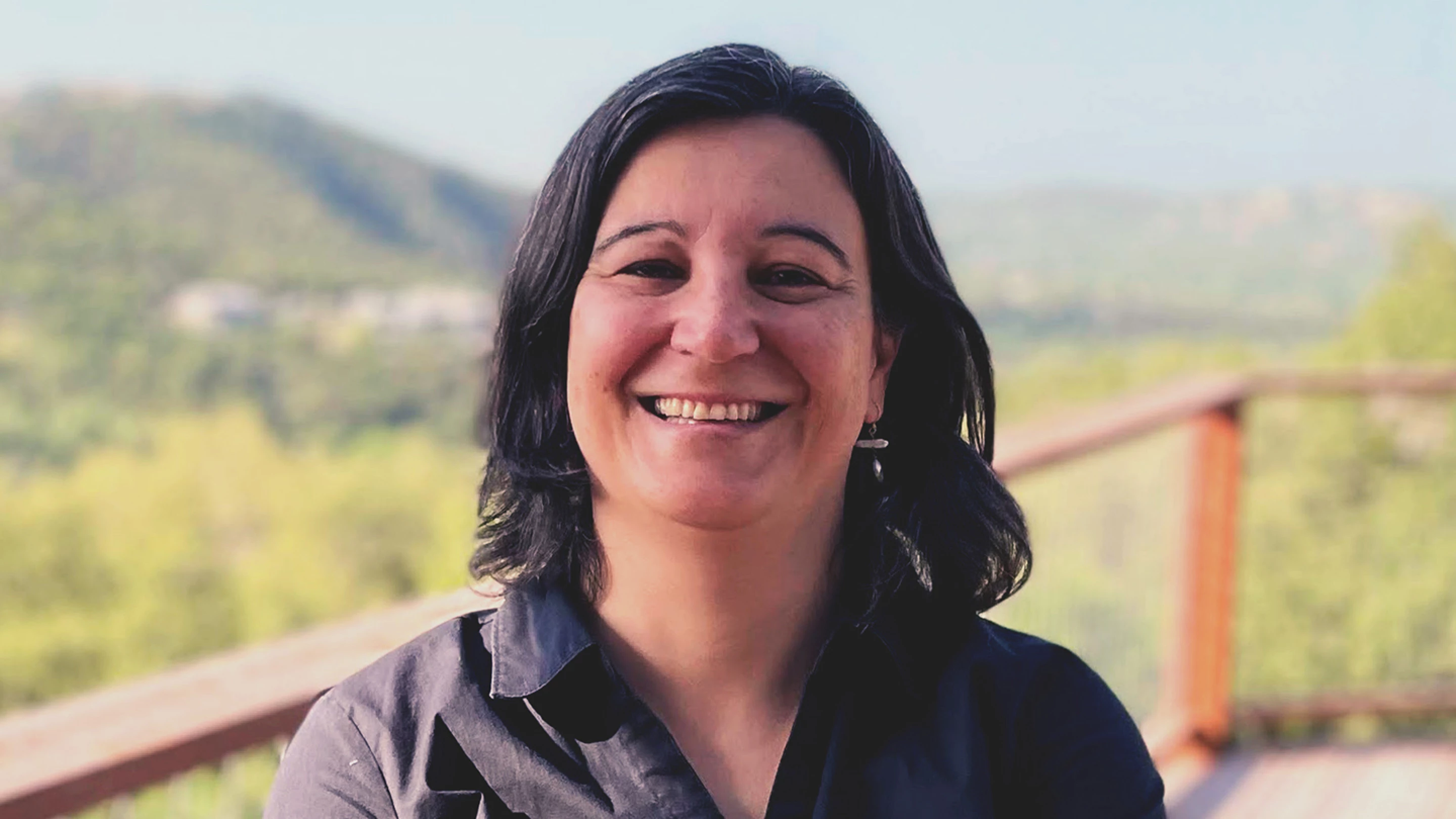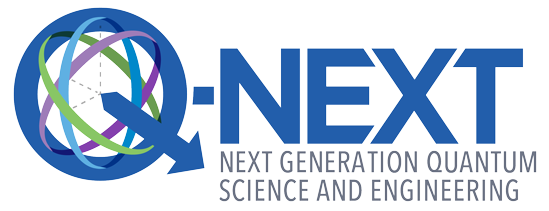quantum network
-
Bringing quantum entanglement to the people
From the National Science Foundation: NSF’S Quantum Leap Challenge Institute Hybrid Quantum Architectures and Networks at the University of Illinois Urbana-Champaign, a Q-NEXT partner, has created a working demonstration that brings entanglement between photons to a public setting for the first time. Read More
-
Computational capabilities that will transform the world
From Forbes: Q-NEXT Director David Awschalom and the Chicago Quantum Exchange are mentioned in this article on world-transforming computational capabilities. CQE predicts that secure communication will be enabled via metropolitan-scale entangled quantum networks in the next five years. Read More
-

Researchers invent new way to stretch diamond for better quantum bits
A team of researchers at the University of Chicago, Argonne National Laboratory and Cambridge University have announced a breakthrough in quantum network engineering: By “stretching” thin films of diamond, they created quantum bits that can operate with significantly reduced equipment and expense. The change also makes the bits easier to control. The researchers hope the findings, published Nov. 29 in Physical Review X, can make future quantum networks more feasible. Read More
-

Chitambar group establishes criterion for nonlocal quantum behavior in networks
From the University of Illinois Urbana-Champaign: In a study published in Physical Review Letters, Q-NEXT thrust lead Eric Chitambar and Amanda Gatto Lamas adapt techniques from quantum computing theory to create a new classification scheme for quantum nonlocality. This not only allowed the researchers to unify prior studies of the concept into a common framework, but it facilitated a proof that networked quantum systems can display nonlocality only if they possess a particular set of quantum features. Read More
-
Quantum computers could break the internet. Here’s how to save it
From Science News: Q-NEXT Director David Awschalom and student Nolan Bitner are featured in this article on quantum cryptography and a future quantum internet. Read More
-

Quantum repeaters and their role in information technology
If we want quantum computers to reach their full potential, we’ll need complex networks of the machines strung together with quantum repeaters. Read More
-
4 mind-boggling technology advances in store for 2023
From Forbes: Q-NEXT Director David Awschalom talks about what we can expect from future quantum networks. Read More
-

Amazon Web Services and Antia Lamas-Linares to bring quantum communication innovations to Q-NEXT
With one of the largest fiber networks in the world, Q-NEXT partner AWS brings a global perspective to quantum technologies, and AWS’ Antia Lamas-Linares is tackling the engineering challenges in making quantum networks a reality. Read More
-
IQUIST-NRIK collaboration to build the first quantum network with open-air links
From the Illinois Quantum Information Science and Technology Center: Q-NEXT research lead Paul Kwiat has joined an initiative led by the National Research Institute of Korea in which researchers will construct a distributed quantum network connecting nodes separated by 20 kilometers. Read More
-
Envisioning quantum networks: Photonics history fuels hopes of achieving quantum’s bold promise
From SPIE: Paul Kwiat appears in this piece on the steps the quantum community will need to take to realize quantum networks and how the National Quantum Initiative and other agencies and institutions are working to jumpstart quantum networking activity in the United States. Read More
In the News
See all In the News-
The best qubits for quantum computing might just be atoms
From Quanta: Mark Saffman of the University of Wisconsin–Madison and Infleqtion is featured in this comprehensive overview of neutral-atom qubit research. Read More
-
How quantum computing could help us understand the universe
From PBS NewsHour: David Awschalom appears in this piece on the next generation of computing, one that will be far more sophisticated and dependent on understanding the subatomic nature of the universe. Read More
-
PME-led research into protein-based qubits earns $2.75M Moore Foundation grant
Bolstered by a new $2.75 million grant from the Gordon & Betty Moore Foundation, a team led by University of Chicago's Peter Maurer will soon study qubits made from protein. Read More
-
Infleqtion unveils 5-year quantum computing roadmap, advancing plans to commercialize quantum at scale
From Quantum Insider: Infleqtion shares a broad business update, including the first look at its new 5-year quantum computing roadmap. The roadmap's centerpiece is Sqorpius, the next phase of Infleqtion’s quantum computing program. Read More
-
Bringing quantum entanglement to the people
From the National Science Foundation: NSF’S Quantum Leap Challenge Institute Hybrid Quantum Architectures and Networks at the University of Illinois Urbana-Champaign, a Q-NEXT partner, has created a working demonstration that brings entanglement between photons to a public setting for the first time. Read More
